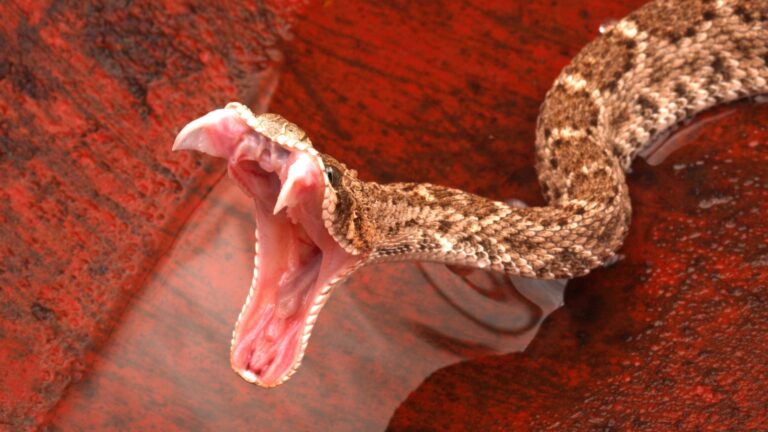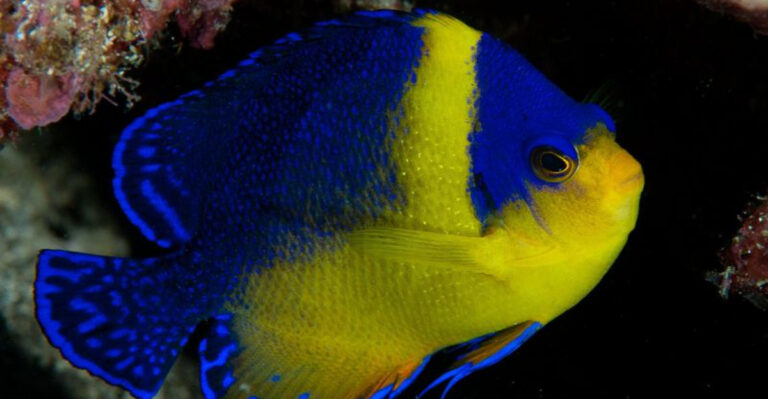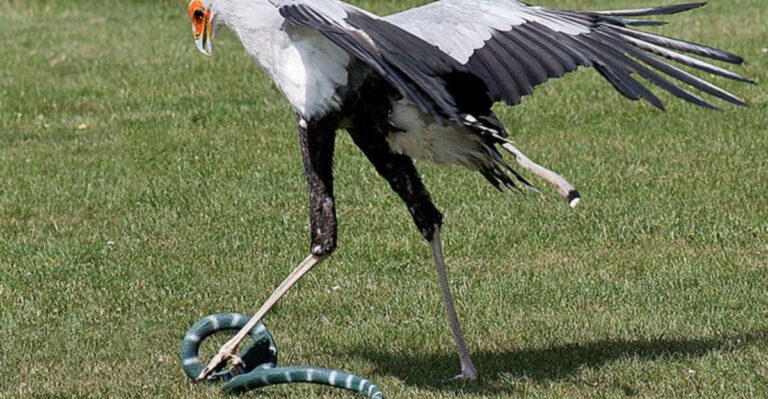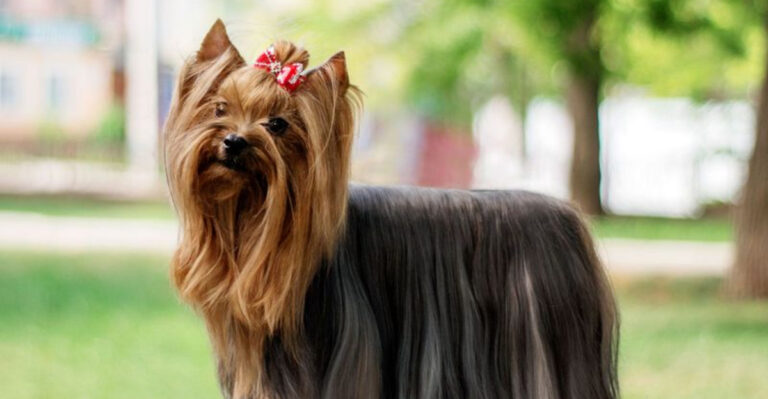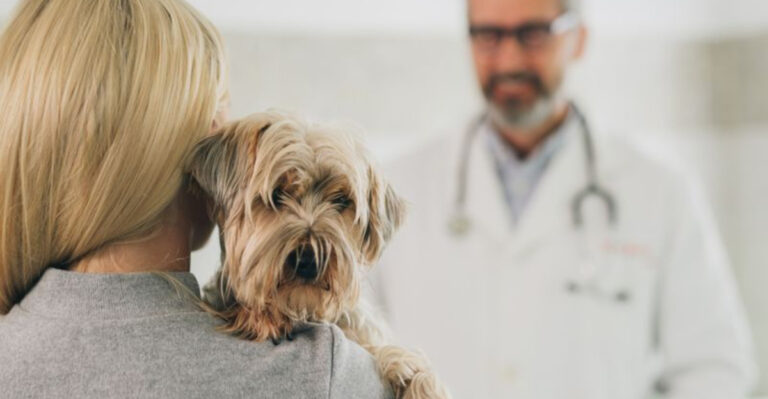10 Clear Signs Your Horse Needs A Dental Check-Up
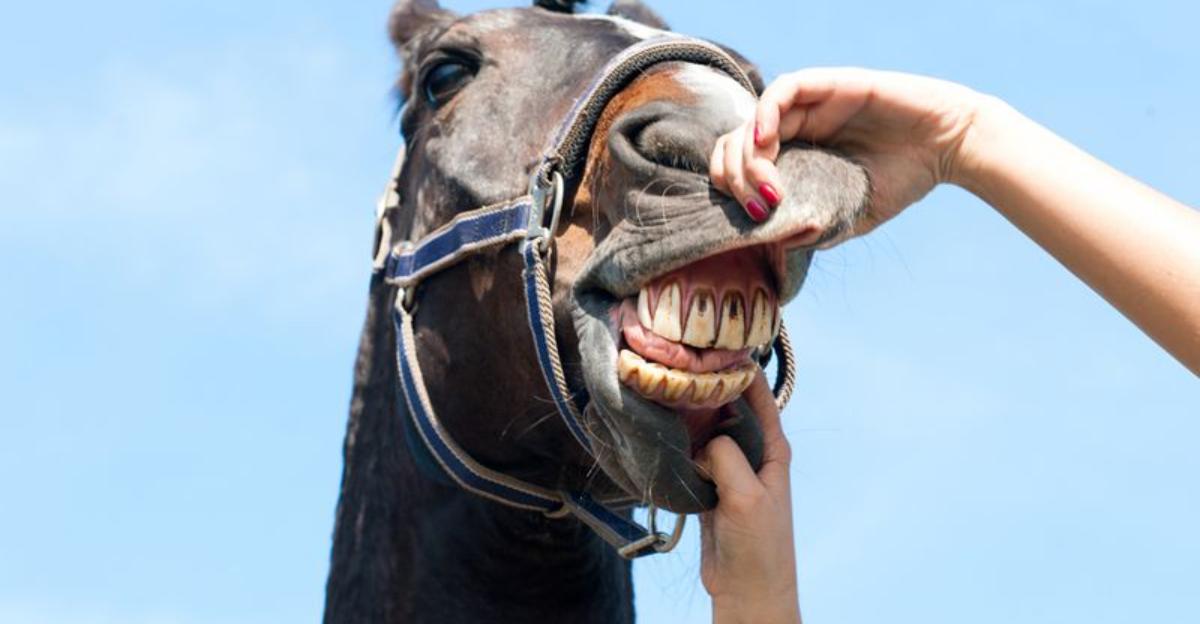
Horses rely on their teeth for proper nutrition and comfort, yet dental problems often go unnoticed until they become serious. Just like humans, horses need regular dental care to stay healthy and happy.
Spotting early warning signs can save your equine friend from unnecessary pain and prevent more severe health issues down the road.
1. Grumpy Attitude Appears Suddenly
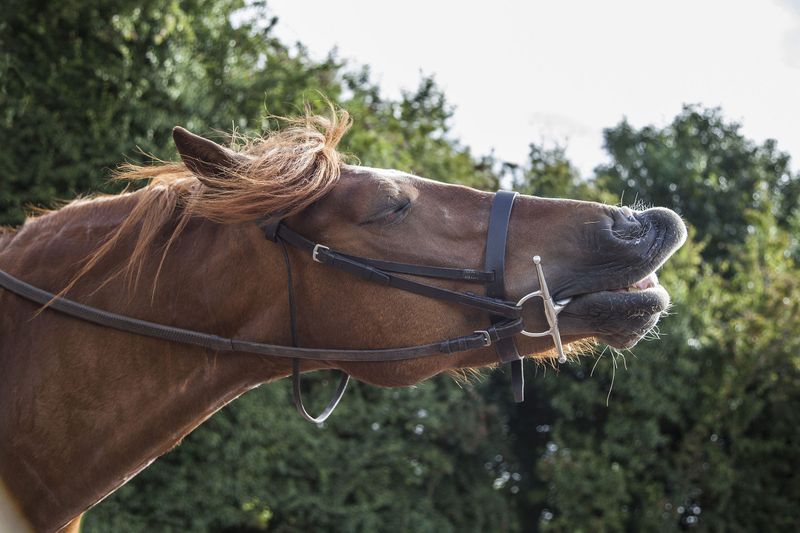
Your normally sweet horse turning cranky isn’t just a bad day. When dental pain strikes, horses often become irritable during grooming or saddling, especially when you touch their face or jaw area.
Watch for head tossing or resistance when normally routine activities cause discomfort. These behavioral shifts are your horse’s way of saying something hurts.
2. Mealtime Becomes A Struggle
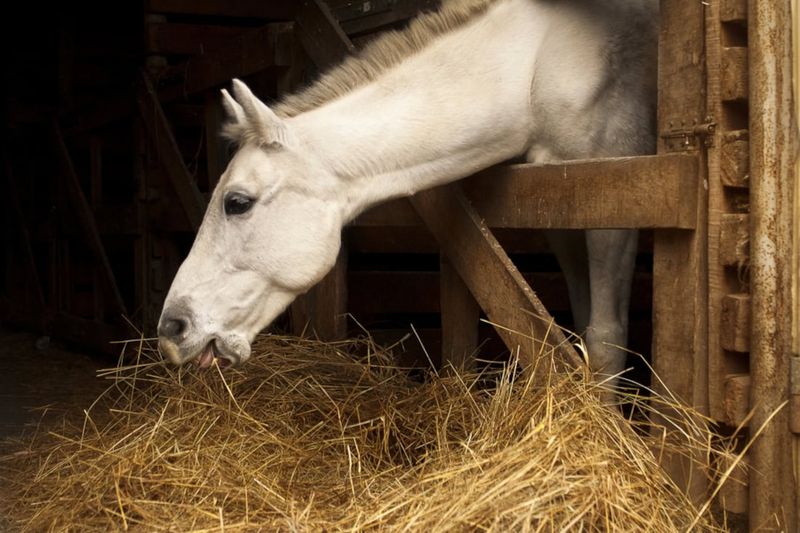
Food falling from your horse’s mouth while eating isn’t normal. Neither is taking forever to finish meals or chewing only on one side.
Horses with dental problems might approach food eagerly but then back away frustrated. You might notice half-chewed hay falling out or unusual head tilting while eating as they try to find a comfortable chewing position.
3. Waterfall From The Mouth
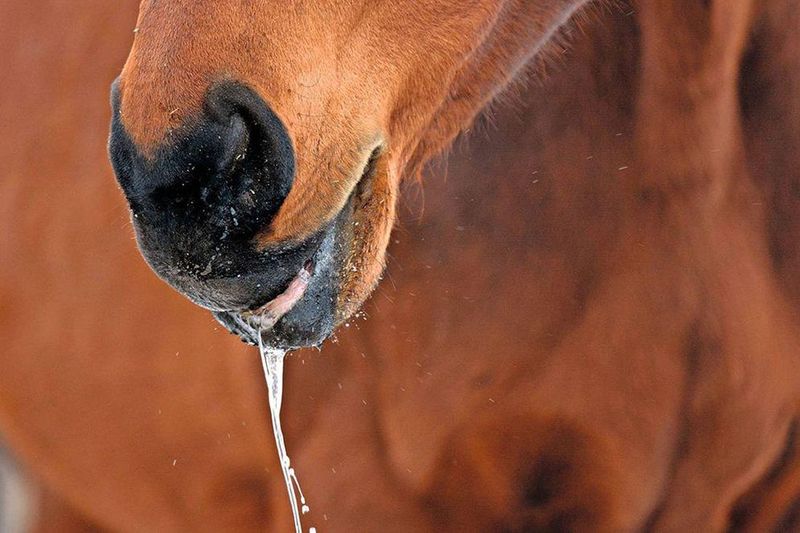
Excessive drooling in horses signals potential dental distress. While some slobber is normal during eating or bit contact, constant streams of saliva aren’t.
Look for wet patches on stall floors or crusty, dried saliva trails on your horse’s chin and neck. This excessive moisture happens because dental pain prevents proper swallowing or causes inflammation in the mouth.
4. The Constant Head Shake
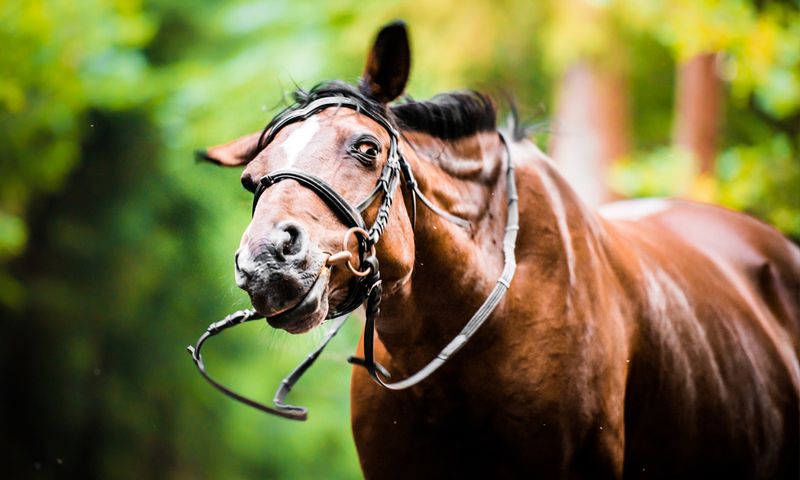
Does your horse shake its head for seemingly no reason? This movement often attempts to relieve mouth discomfort caused by sharp tooth edges or infections.
The shaking might increase during riding or when eating. Some horses will even rub their heads against walls or fence posts, trying desperately to soothe the irritation that dental problems create.
5. Strange Chewing Behaviors Emerge
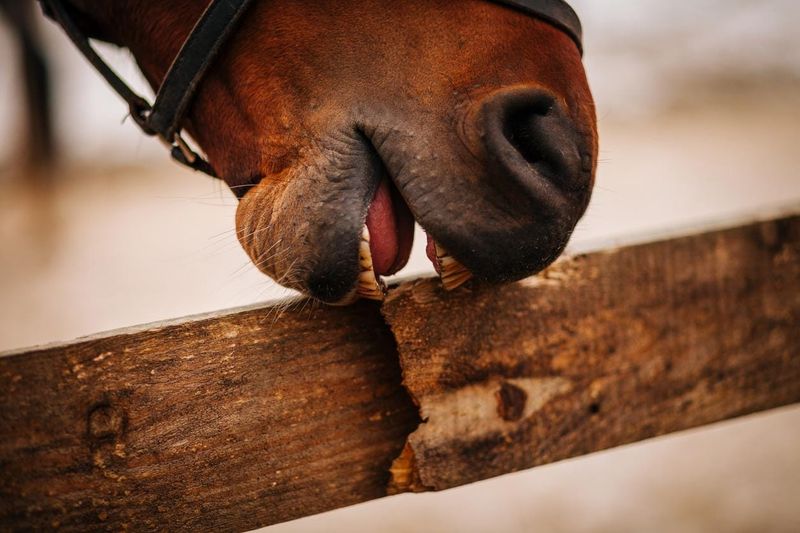
Horses with dental pain often develop odd habits like chewing on wood, reins, or other inappropriate objects. These behaviors develop as they try to relieve discomfort or reposition food to avoid painful areas.
You might notice your horse stretching its neck oddly while eating or making exaggerated chewing motions. These compensatory behaviors indicate they’re struggling with normal eating mechanics.
6. Unexplained Weight Loss
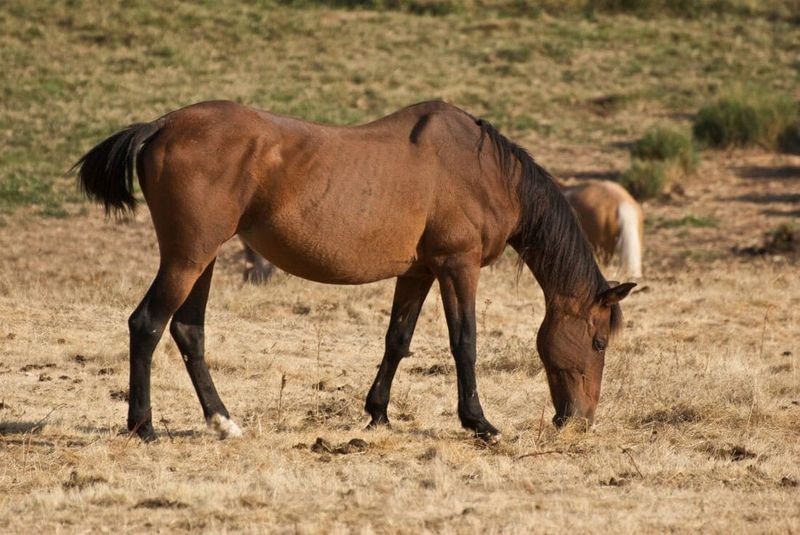
Dental problems make proper chewing difficult, preventing horses from breaking down food effectively. When food isn’t properly processed, nutrients aren’t fully absorbed, leading to gradual weight loss.
Even with normal appetite, a horse might drop pounds if dental issues prevent efficient eating. Look for a dull coat or decreased energy alongside the weight changes.
7. Food Balls Appearing In Feed Bucket
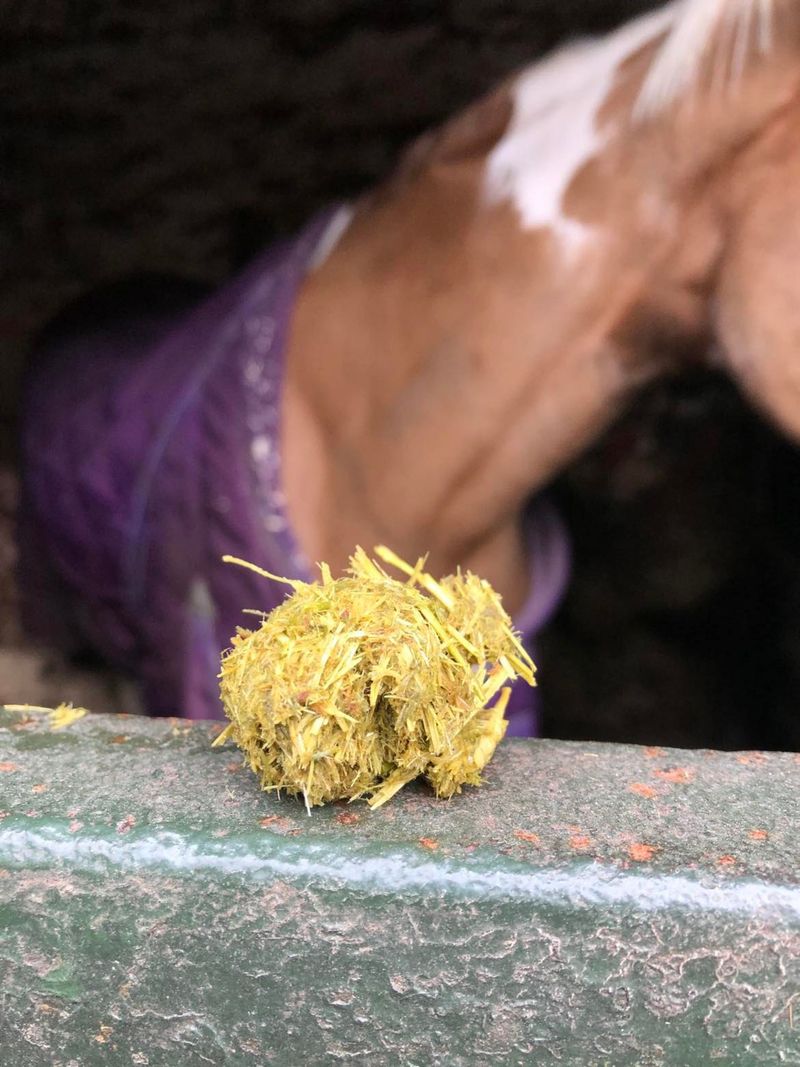
Finding wads of partially chewed hay or feed (quidding) around your horse’s eating area signals dental distress. When chewing hurts, horses sometimes pack food in their cheeks then spit it out.
These moist, clumped food balls often contain unprocessed grain or long stem pieces. This happens because tooth problems prevent the grinding motion needed for proper food breakdown.
8. Dragon Breath Develops
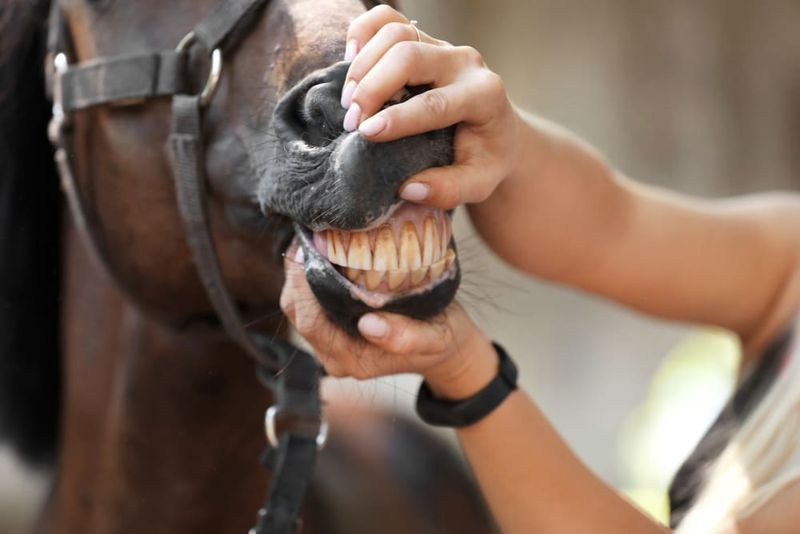
A foul smell from your horse’s mouth isn’t something to ignore. Dental infections, abscesses, or food trapped between damaged teeth can create terrible odors.
You might notice the smell when your horse exhales near your face during grooming. Bad breath often accompanies other symptoms like reduced appetite or facial swelling, particularly if infection has developed.
9. Bridle Fitting Suddenly Causes Drama
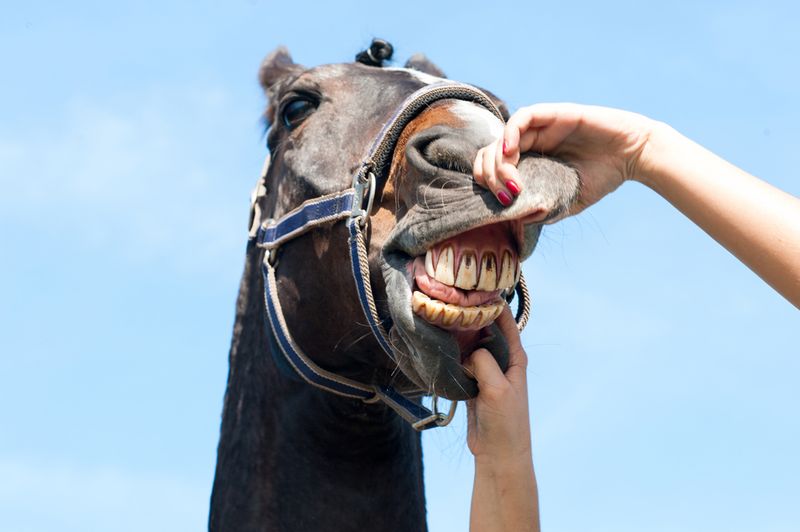
A horse that previously accepted bridling without issue might resist fiercely when dental pain exists. The pressure of a bit against sore gums or sensitive teeth can be excruciating.
Watch for head raising, backing away, or mouth clamping when you approach with tack. Some horses will even rear or strike out when bridling becomes too uncomfortable.
10. Riding Performance Takes A Nosedive
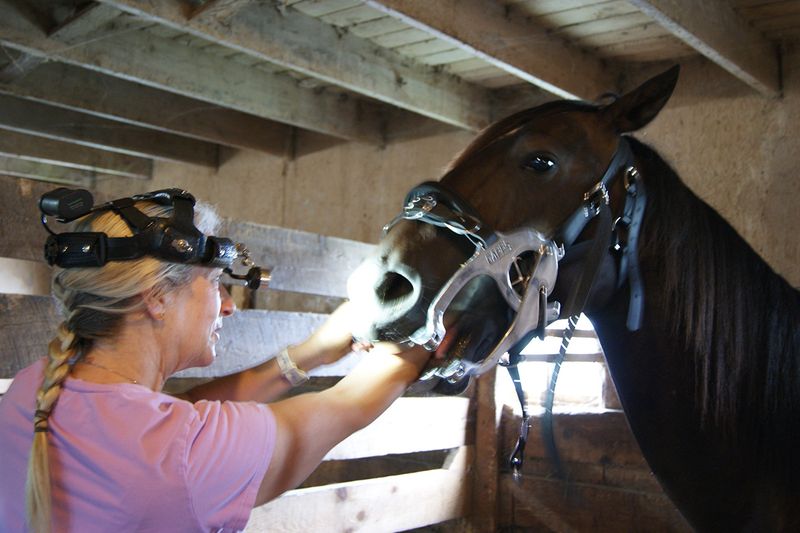
Dental pain can transform a willing riding partner into a resistant mount. Horses might toss their heads, refuse to maintain contact, or fight the bit when tooth problems make pressure uncomfortable.
You might notice new behaviors like head tilting, tongue lolling, or excessive mouthing of the bit. These evasions aren’t disobedience—they’re desperate attempts to escape pain from dental issues.

